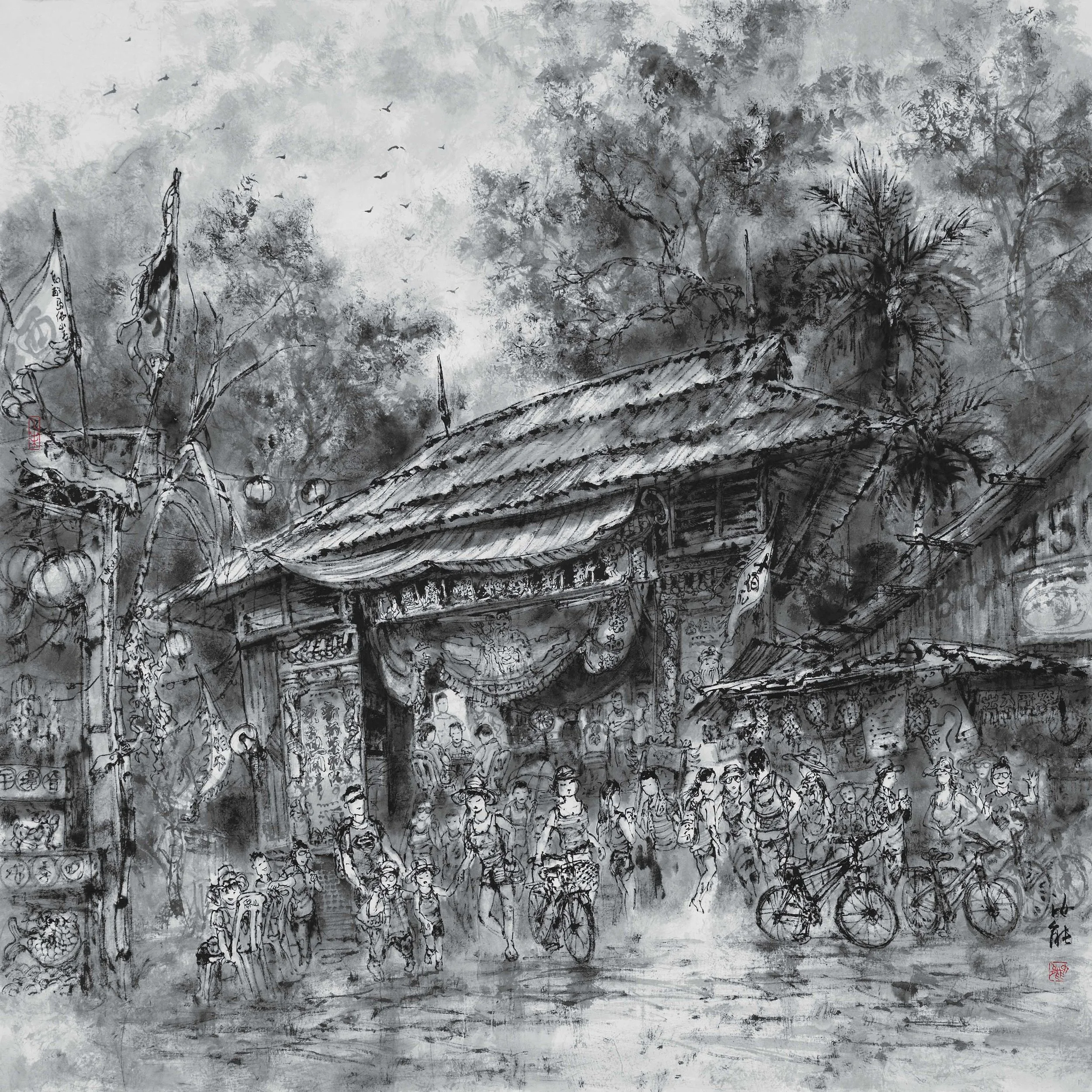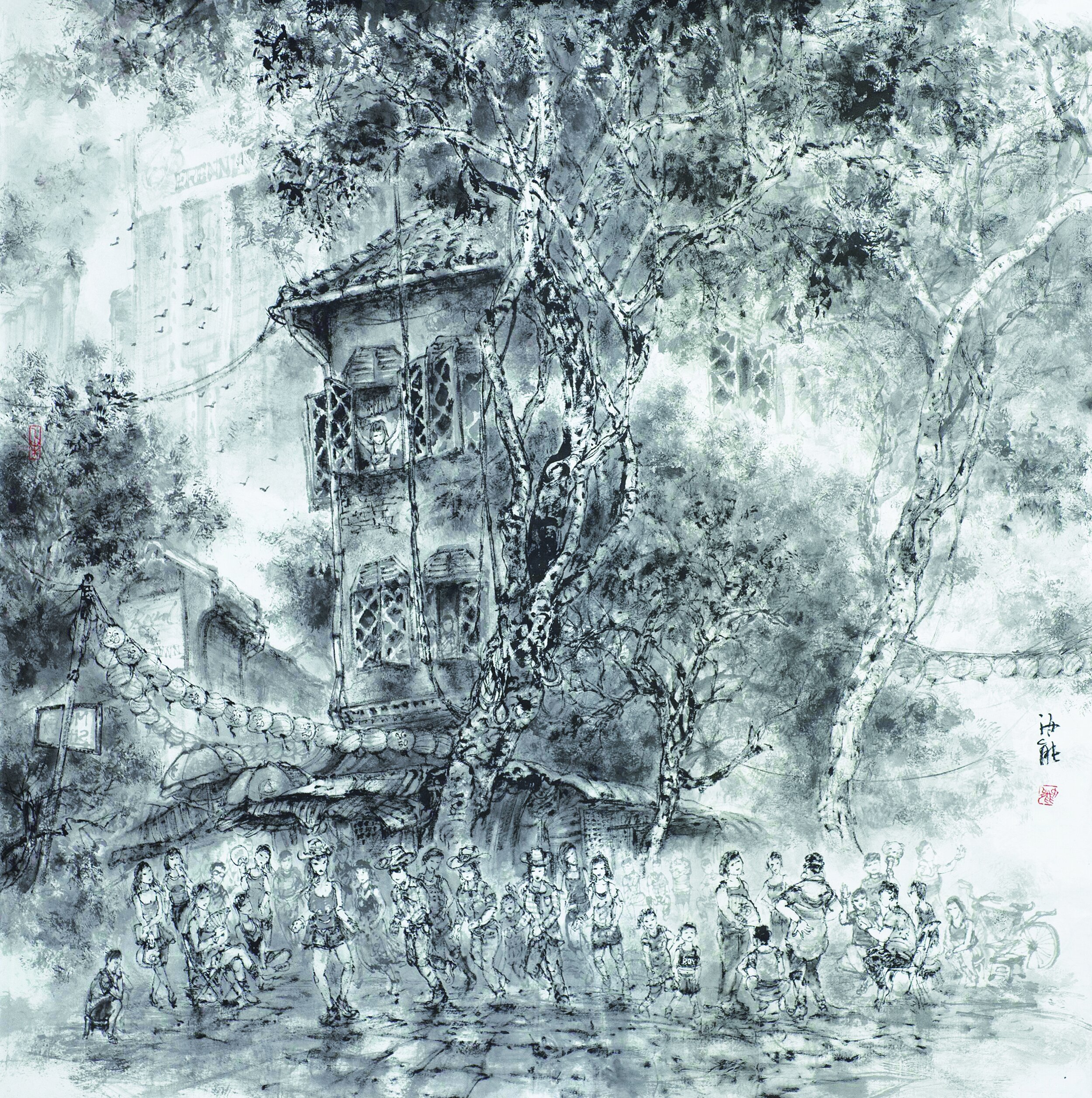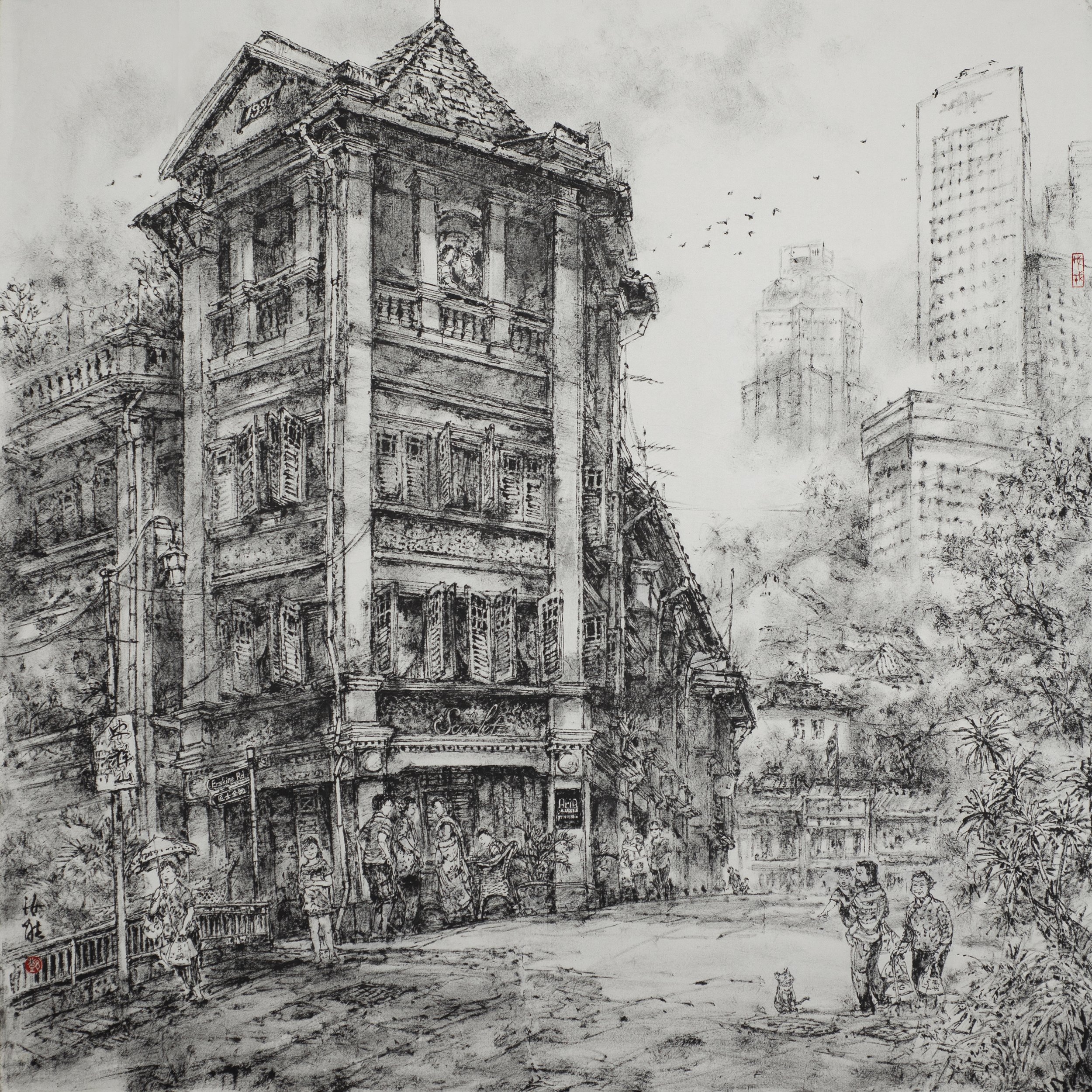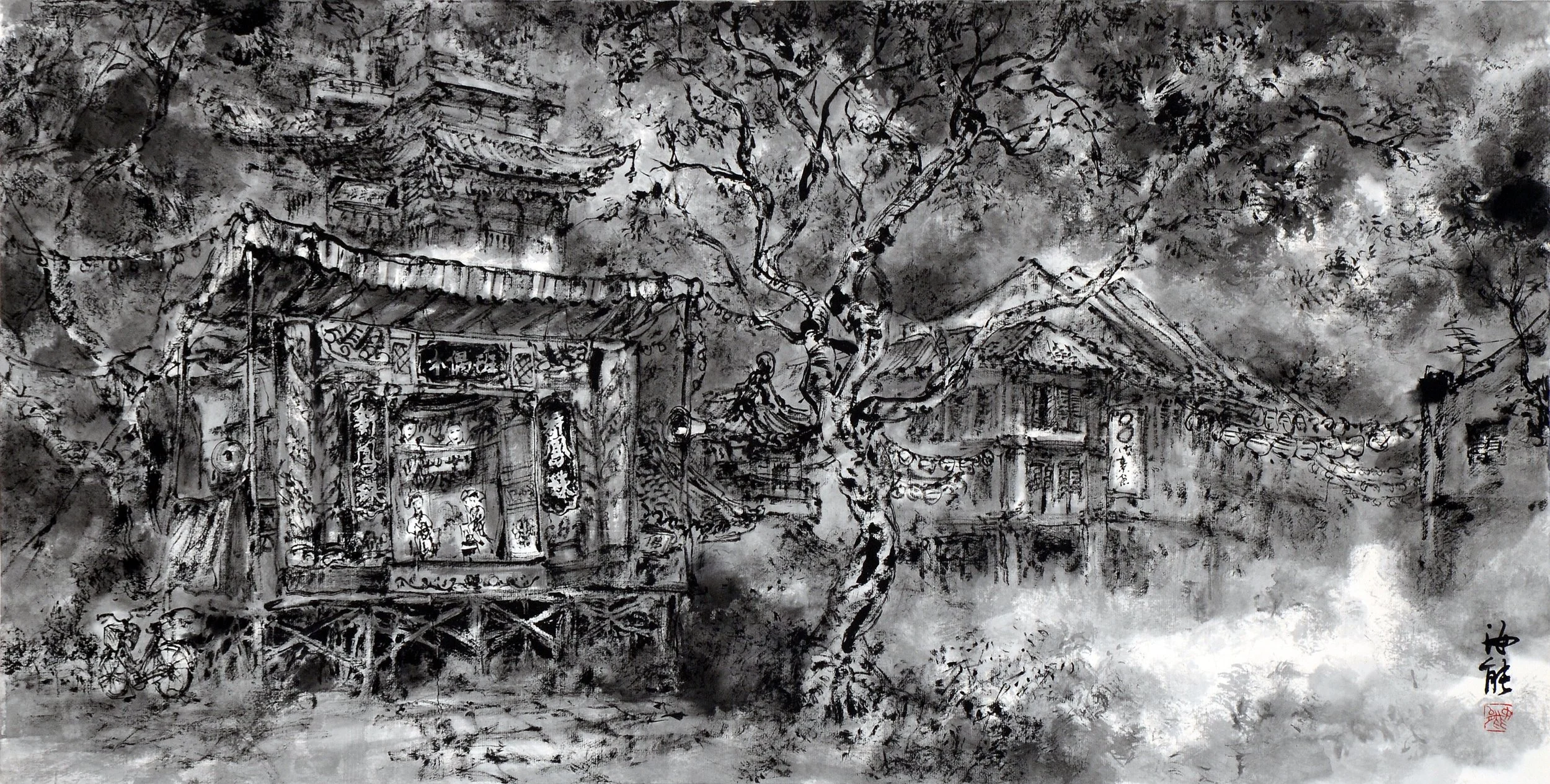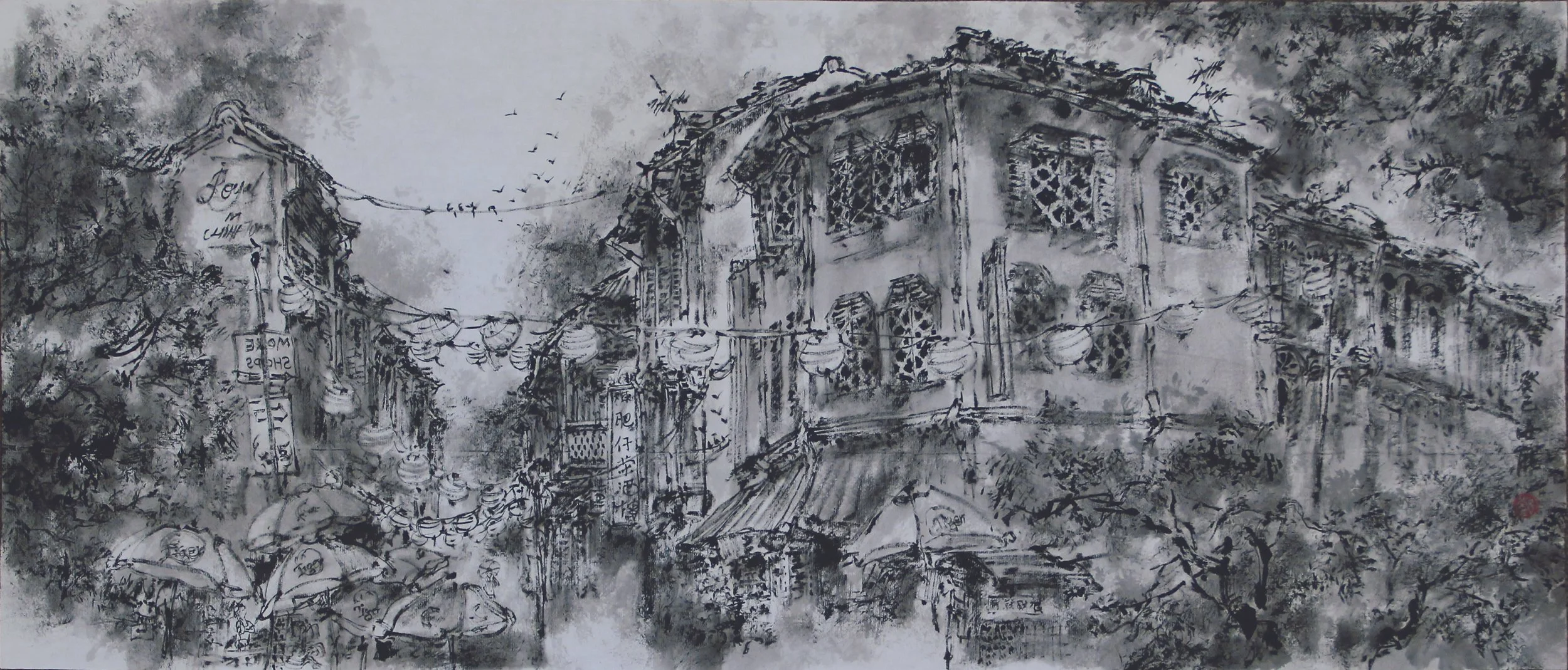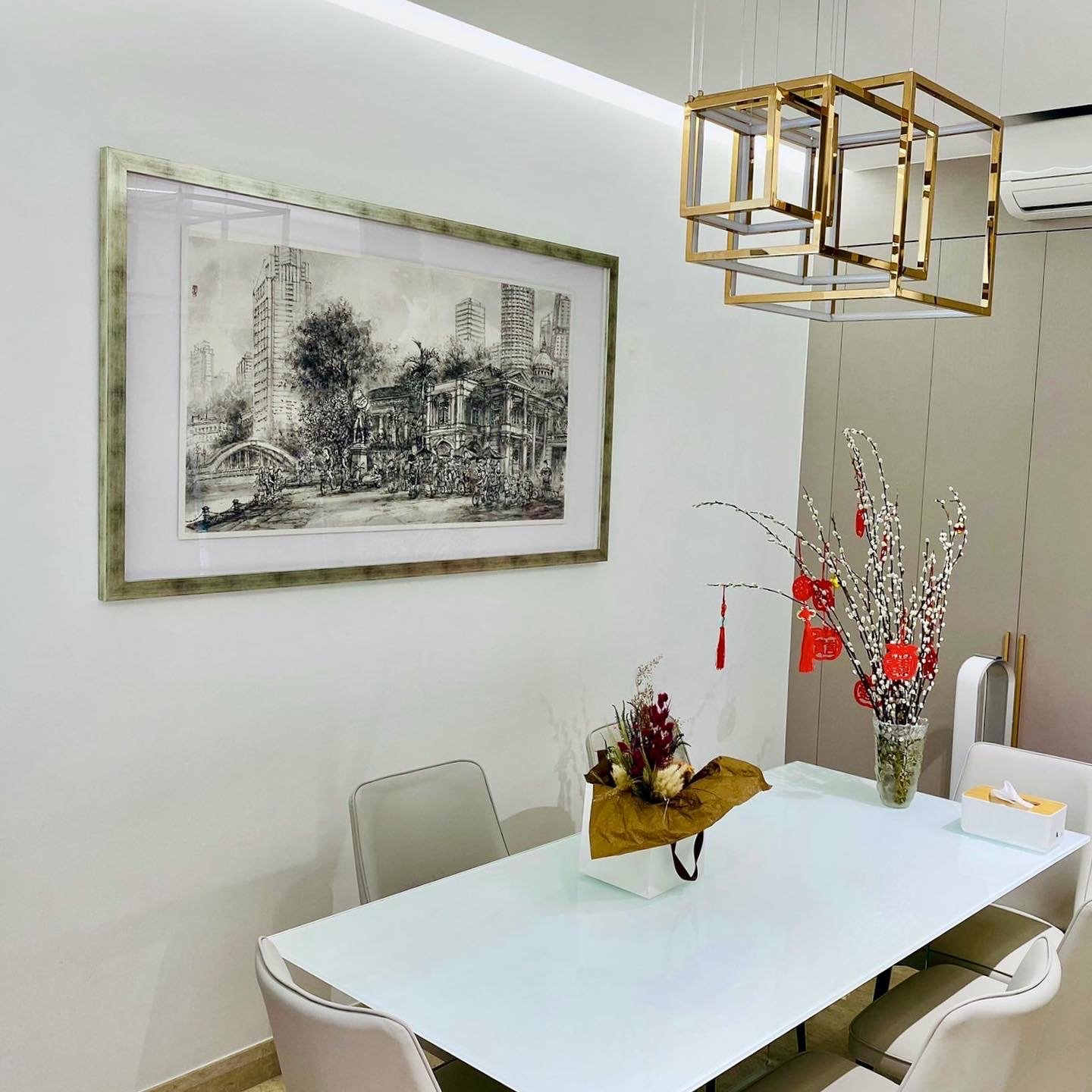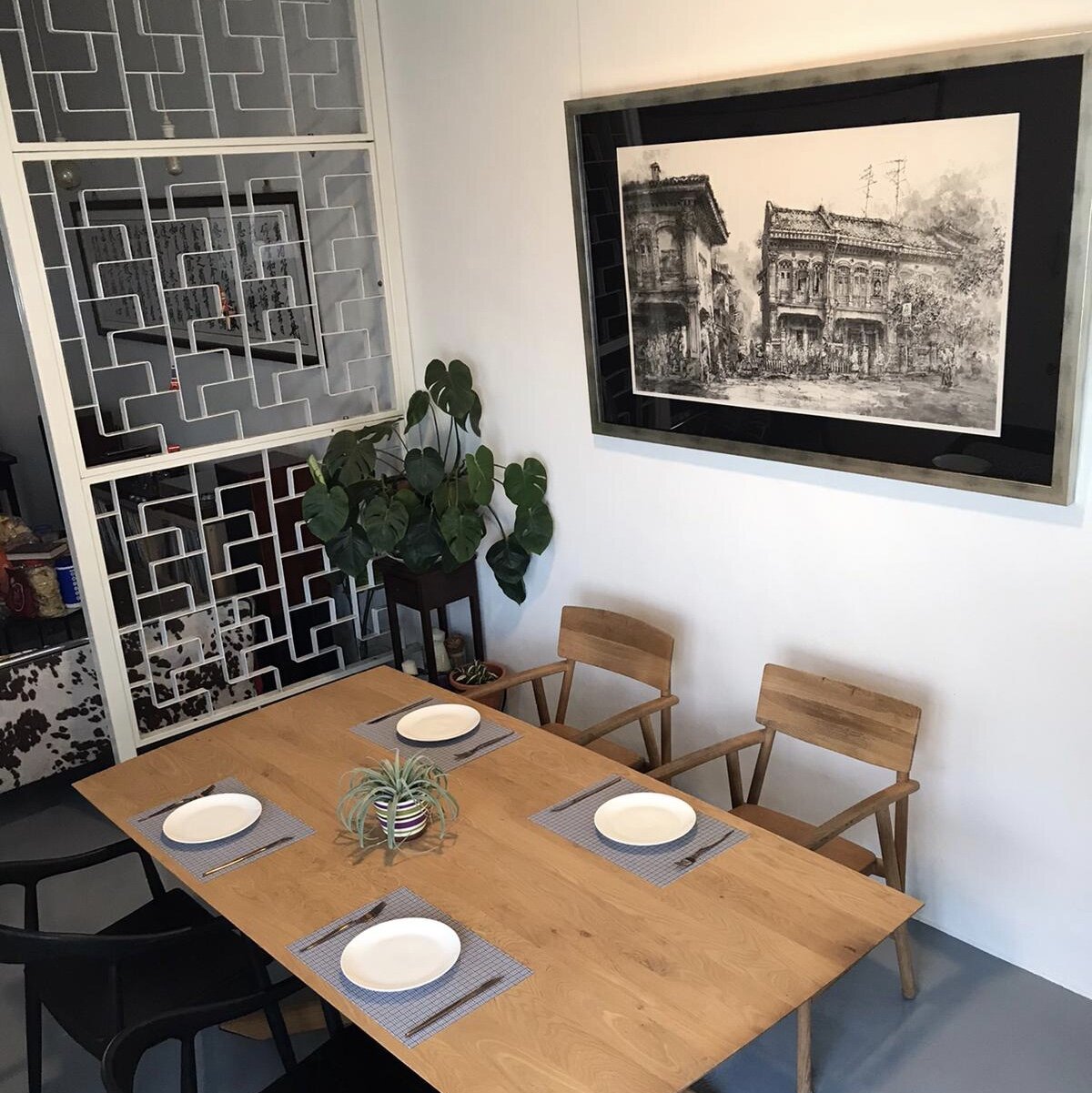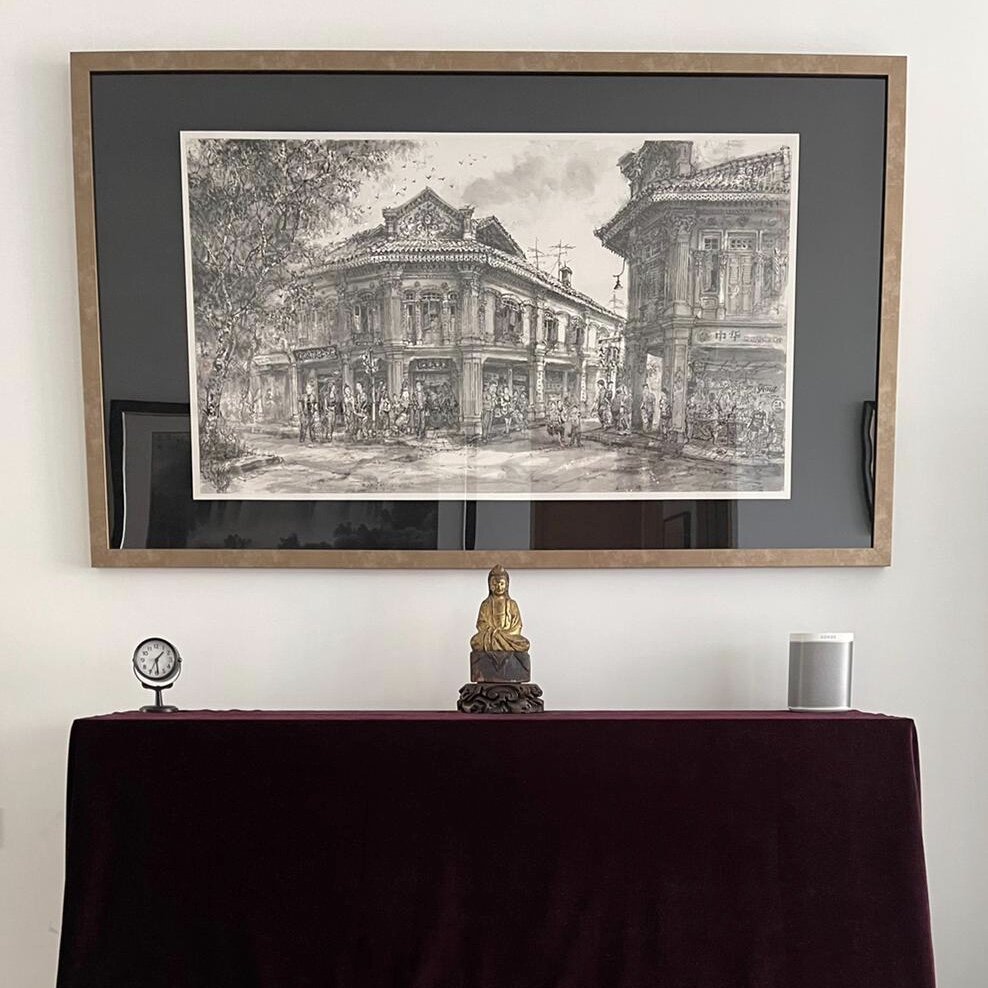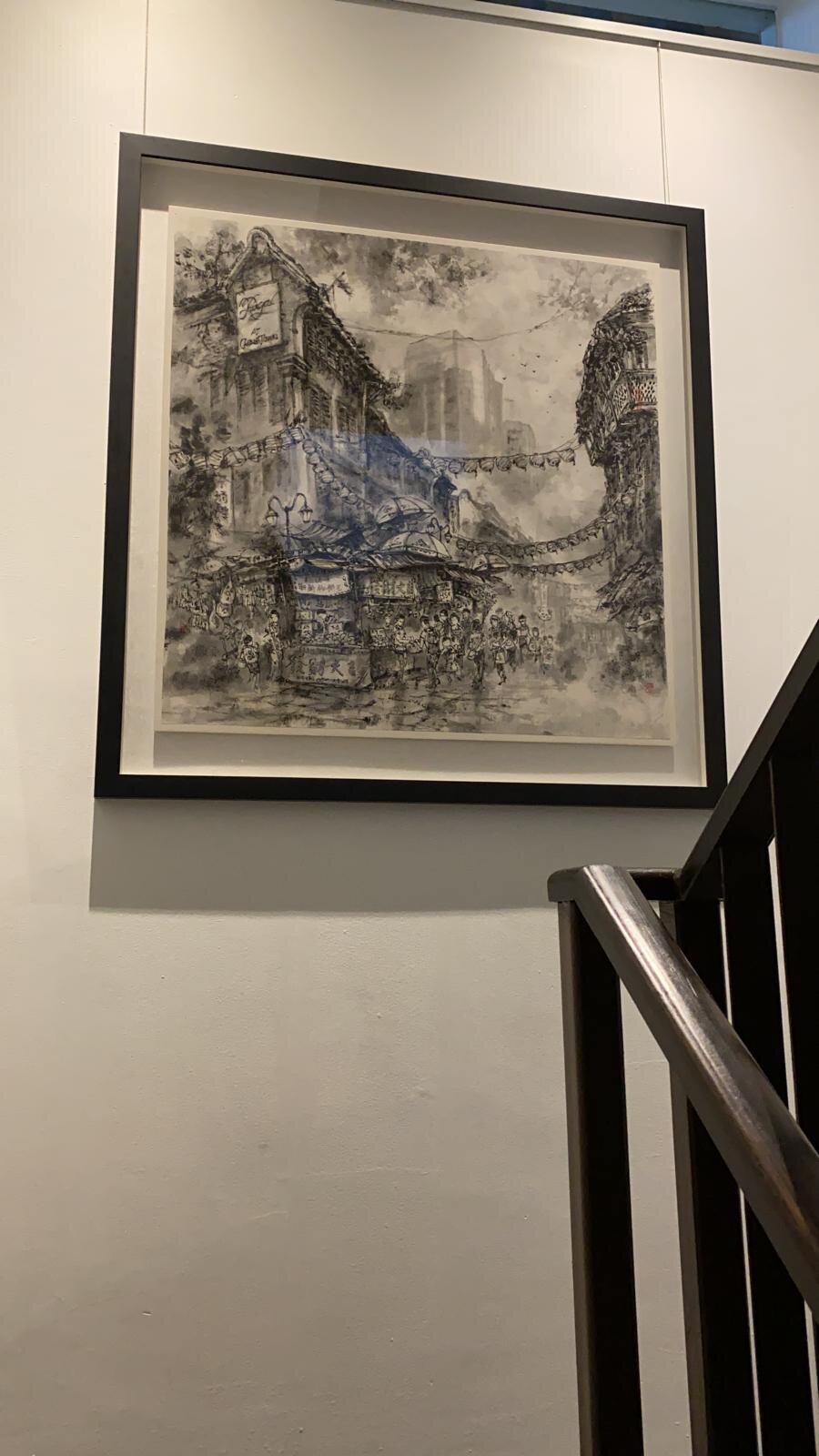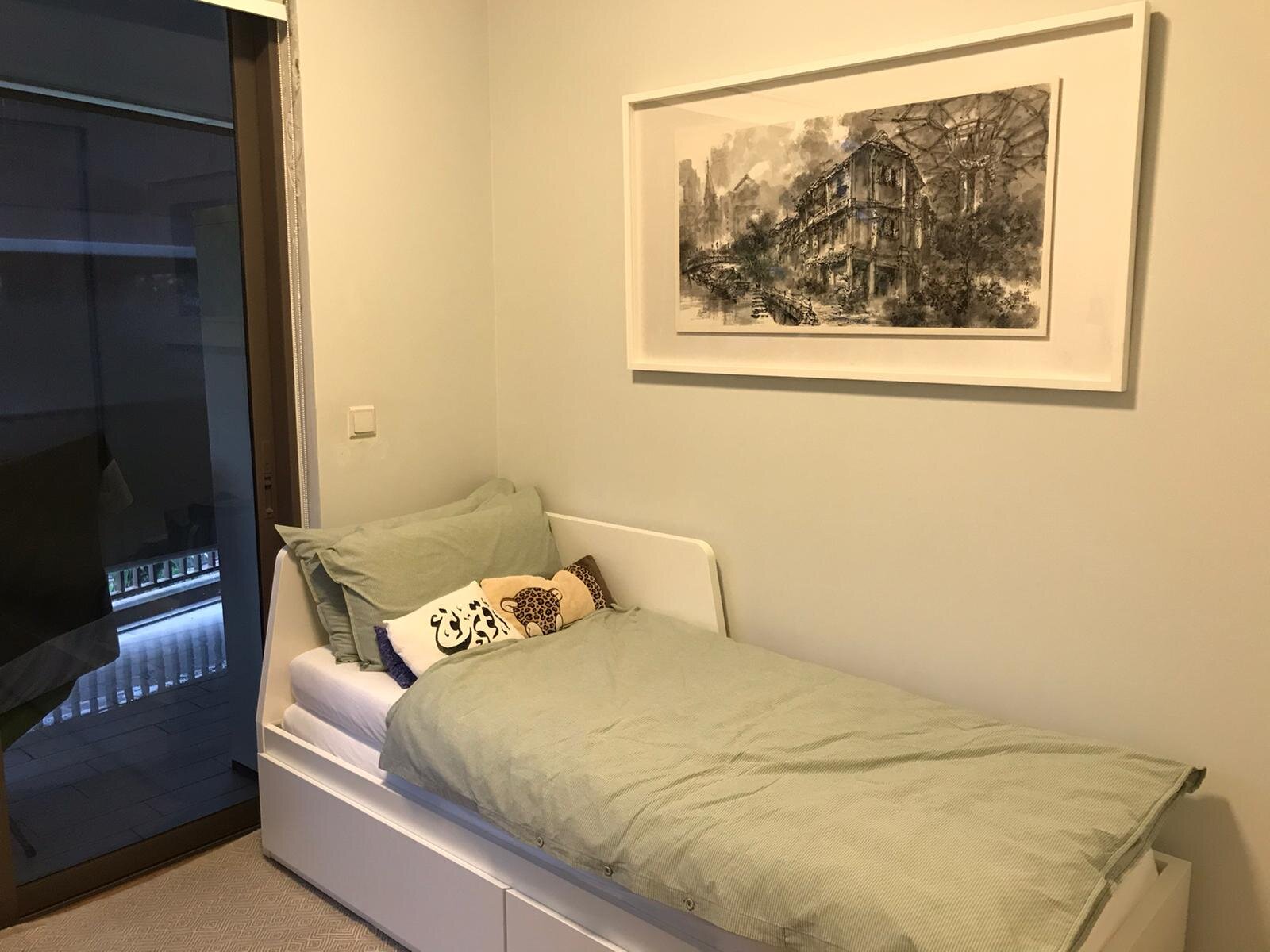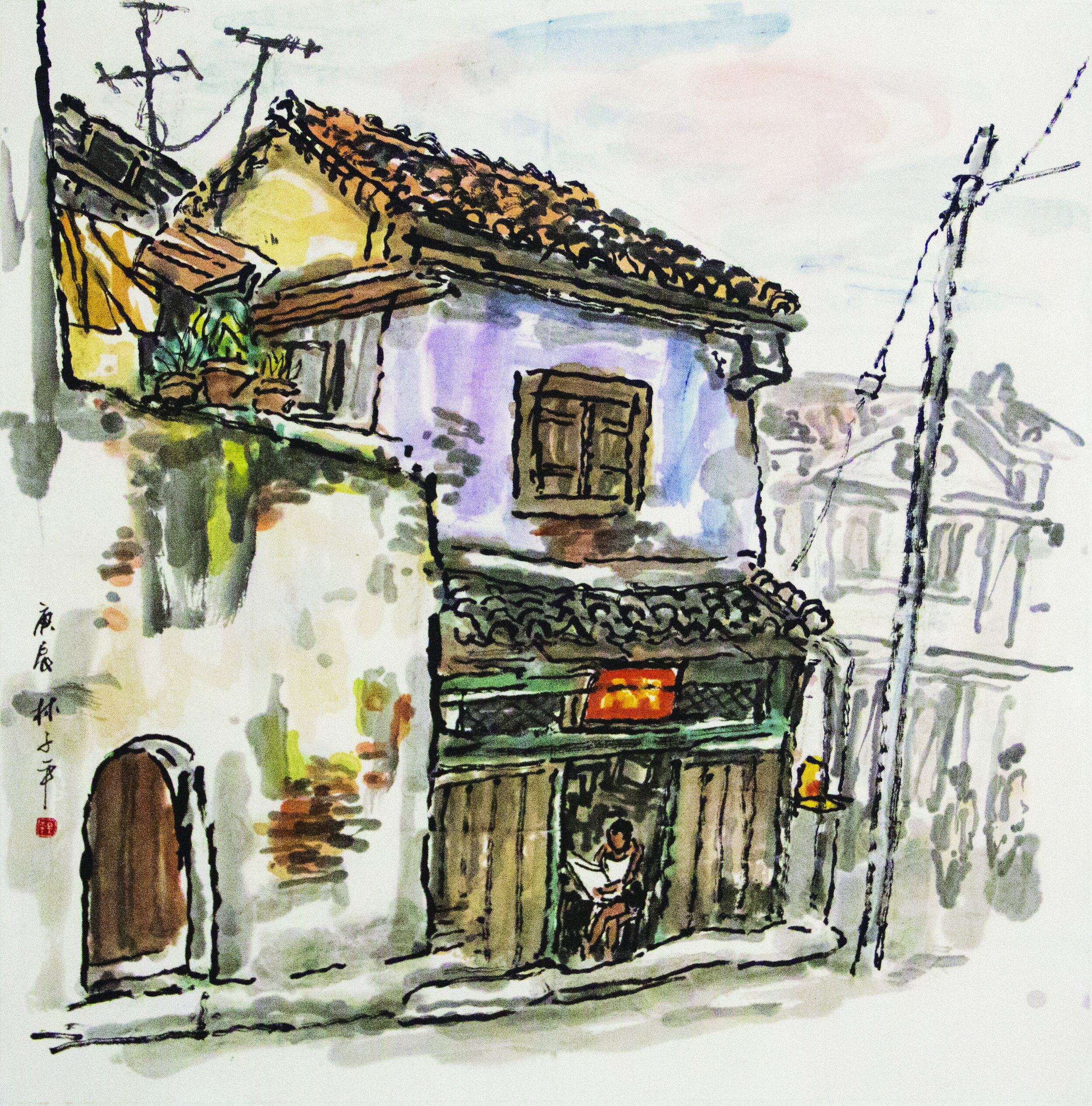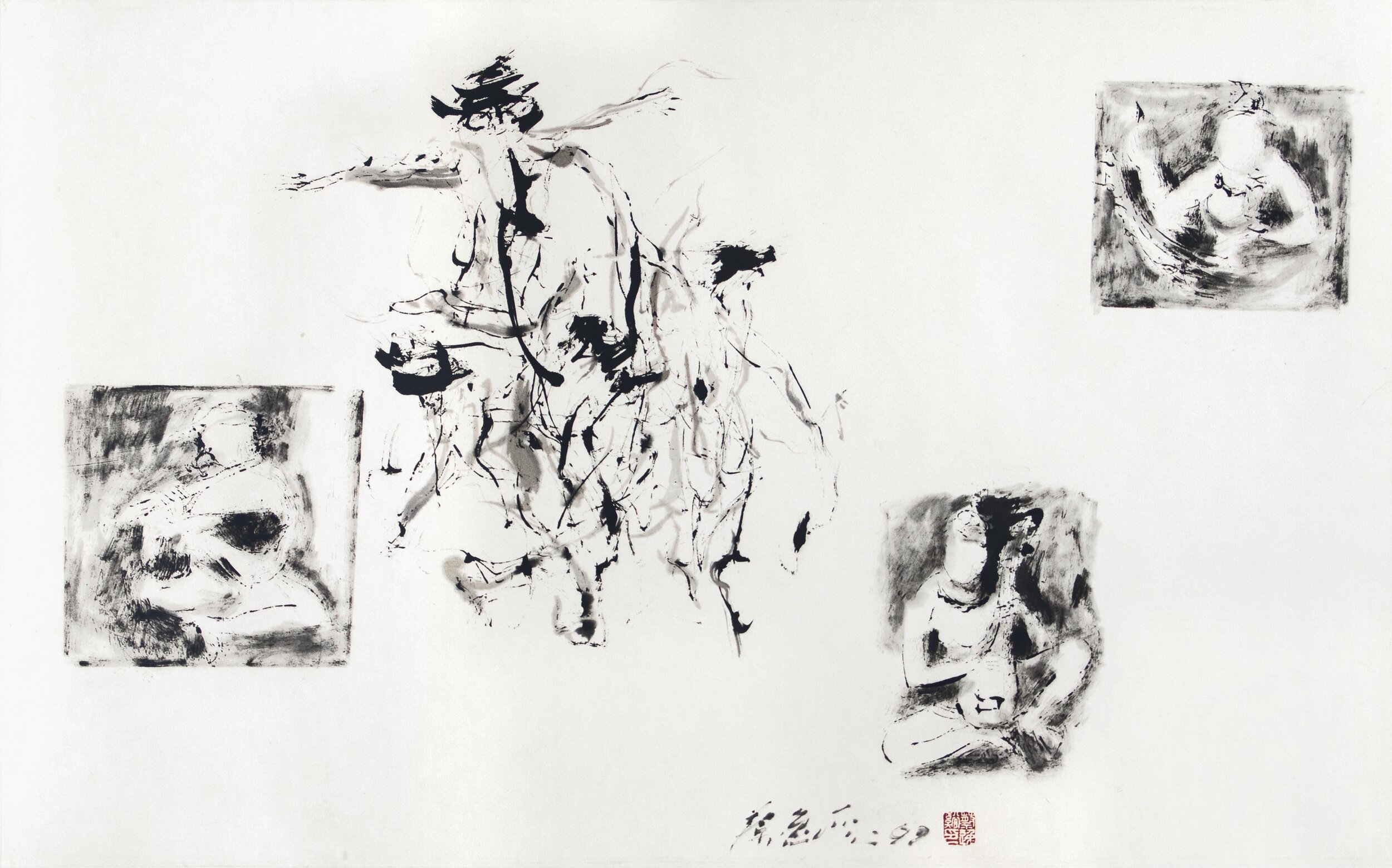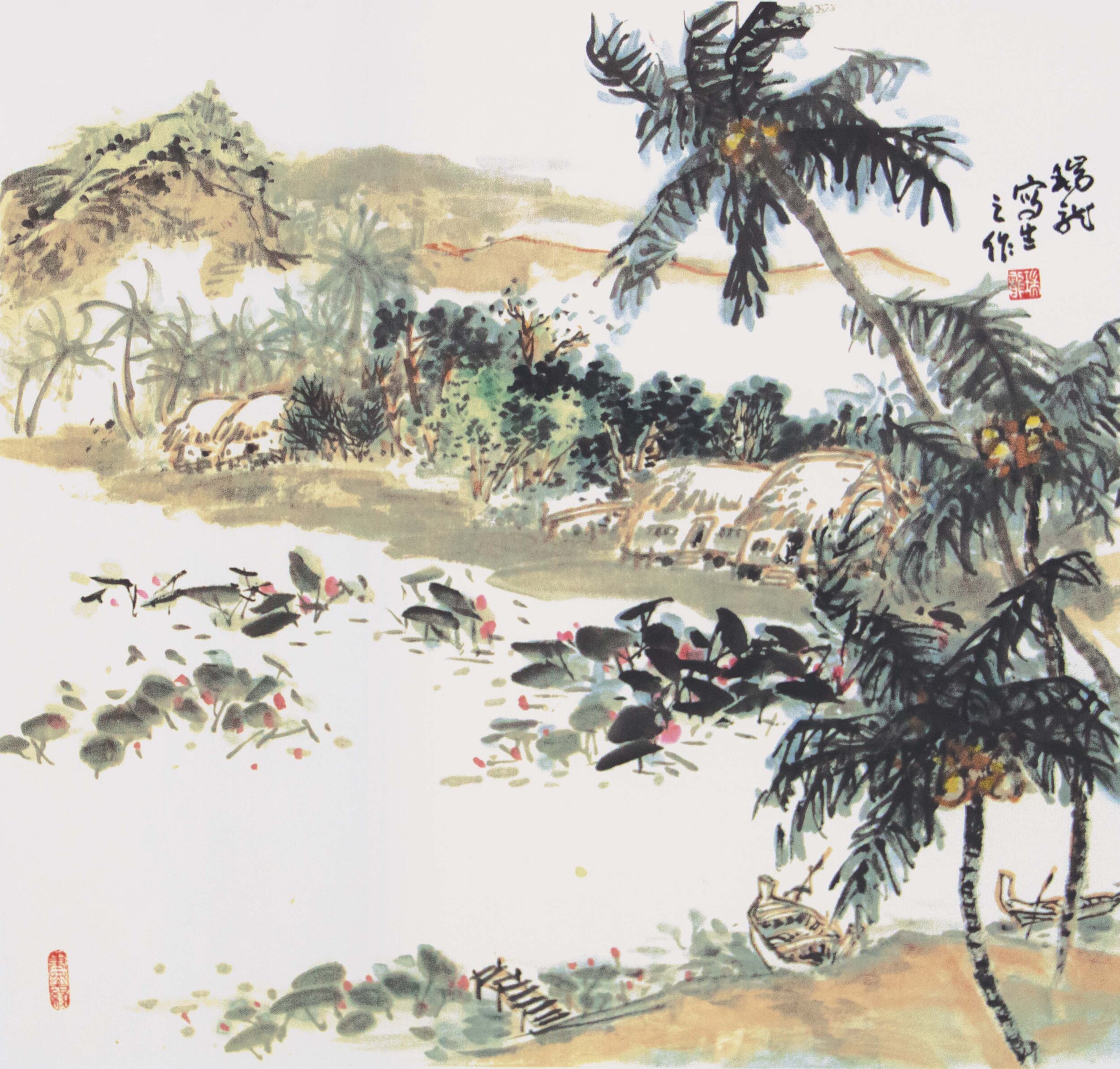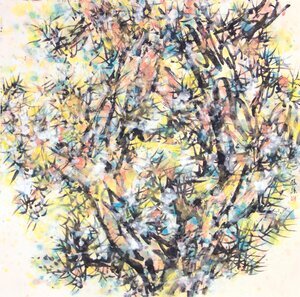Tung yue nang 邓汝能
Tung Yue Nang utilises the medium of Chinese ink on rice paper to capture the mystic beauties of cultural landscapes. Capturing the difference in densities of the ink pigment, he passionately depicts the details and characters of architectural elements. This unique style reflected from his artworks brings back nostalgic memories from the olden days and the timeless traits of different cultural places.
Paintings
A Scene at Joo Chiat
Change
My Heart
Everyday Life at Joo Chiat
Good Omen
Impressions of Chinatown
Visuals at Tung Yue Nang art exhibitions
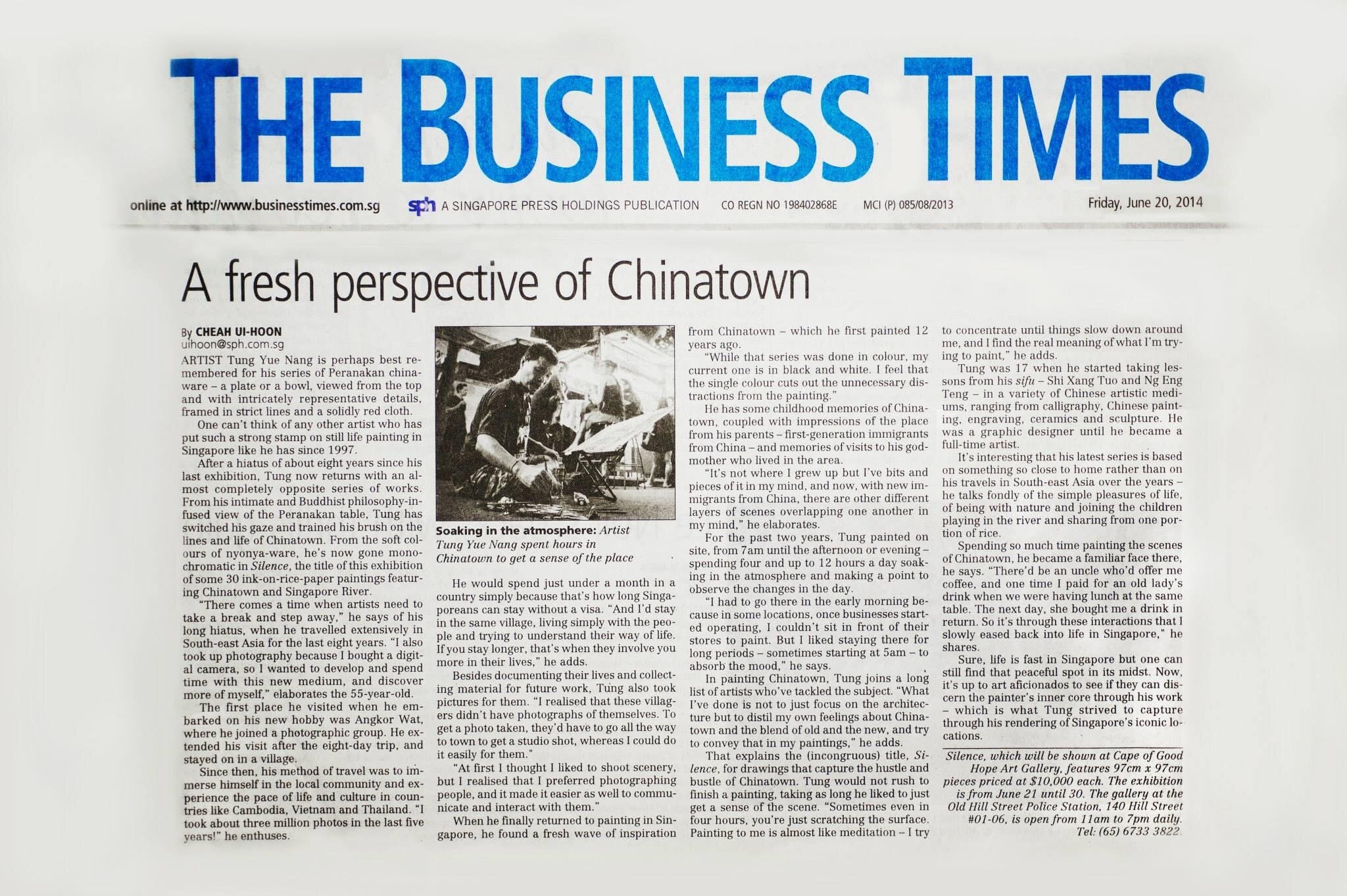
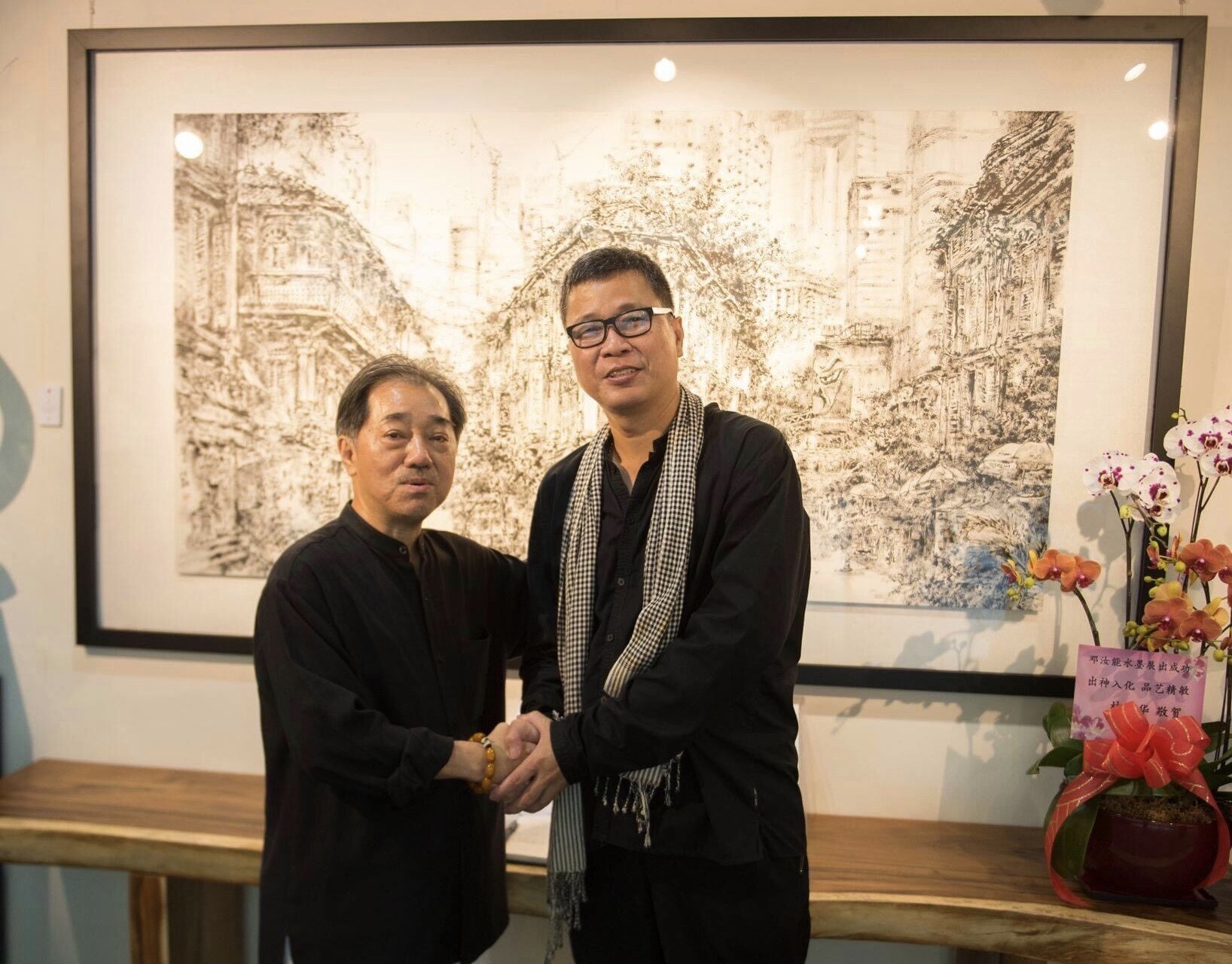
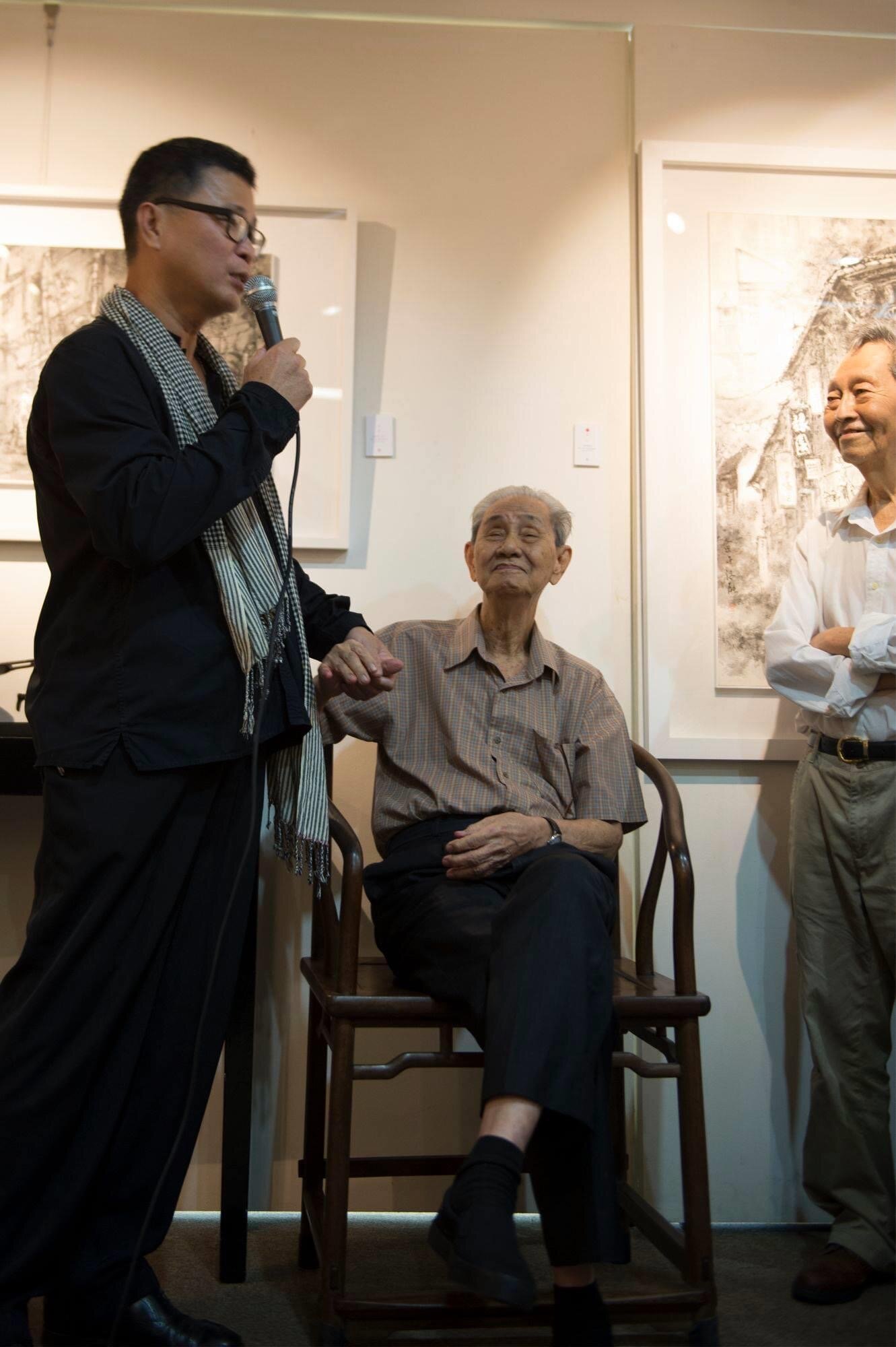
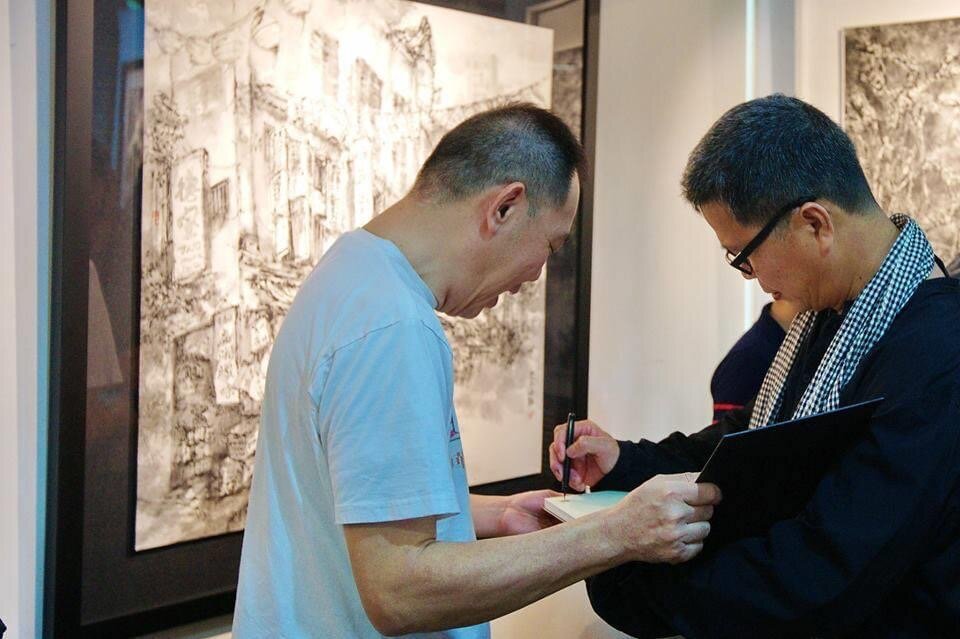
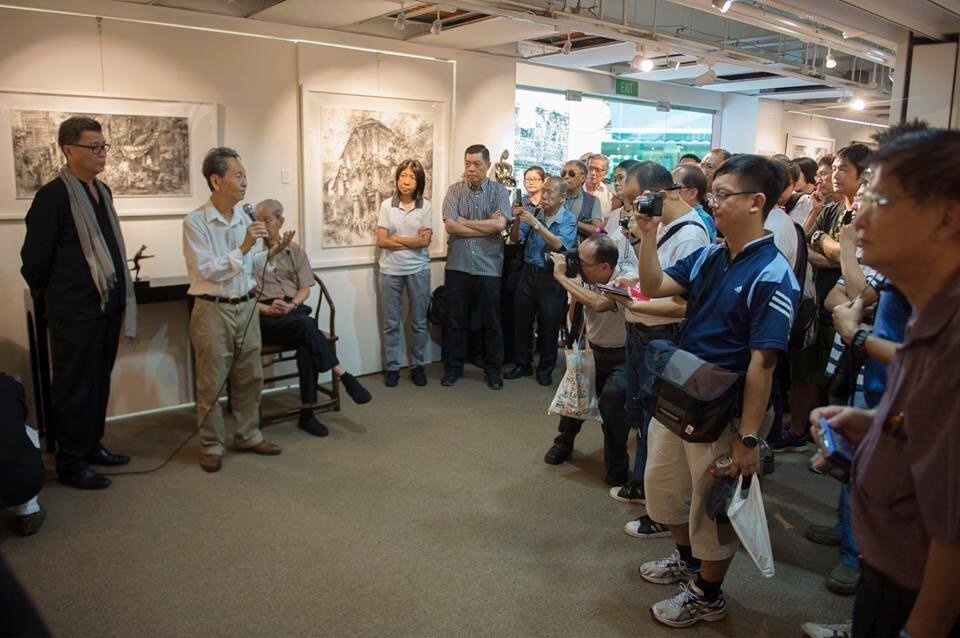
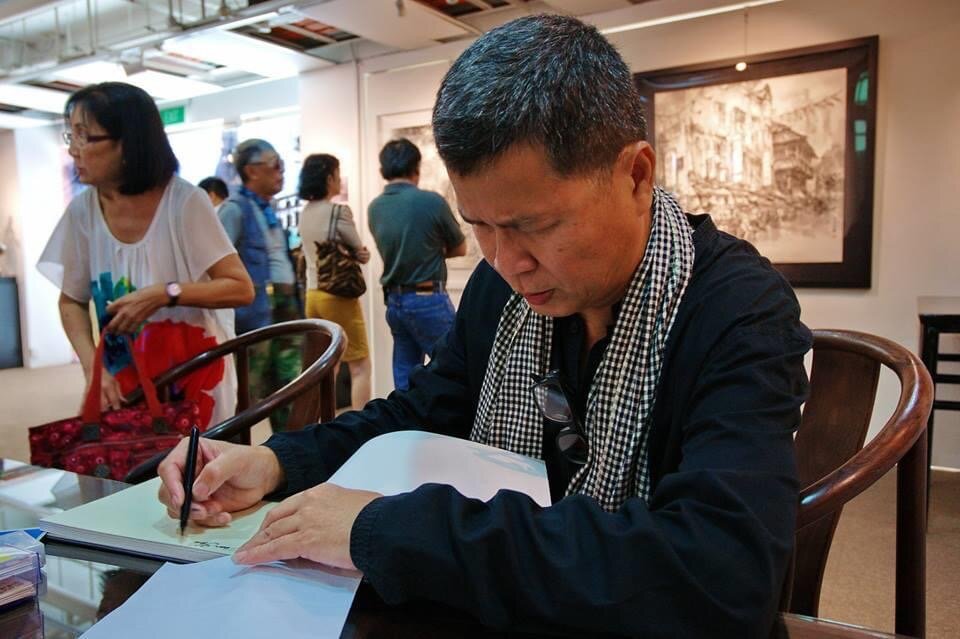
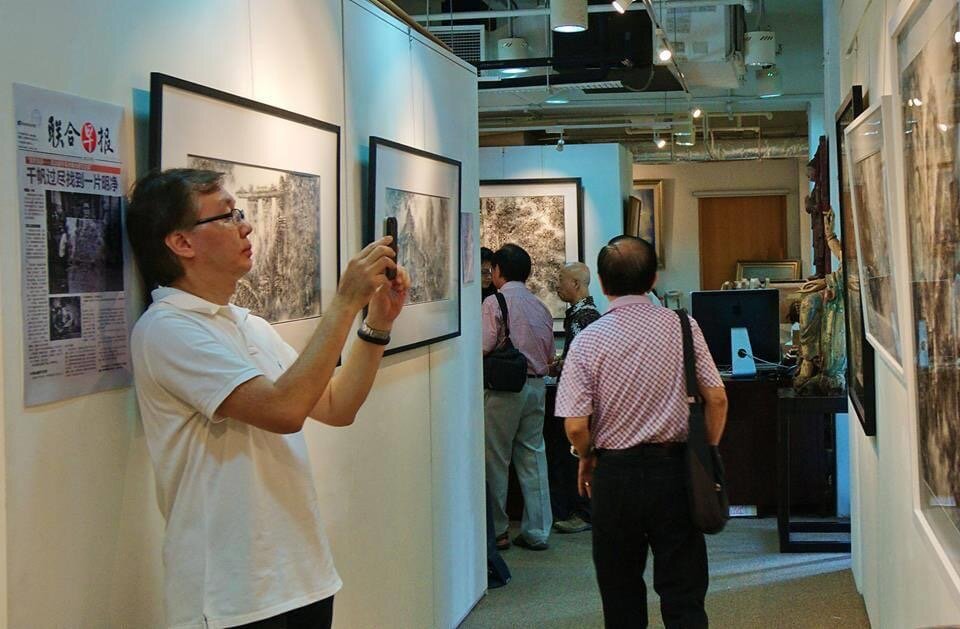
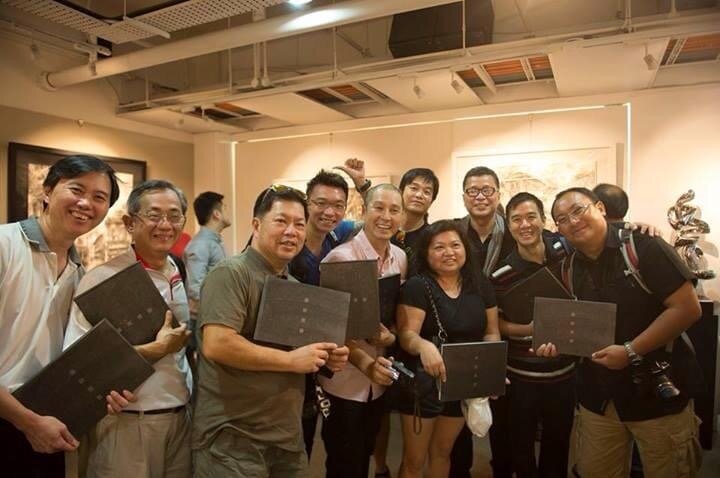
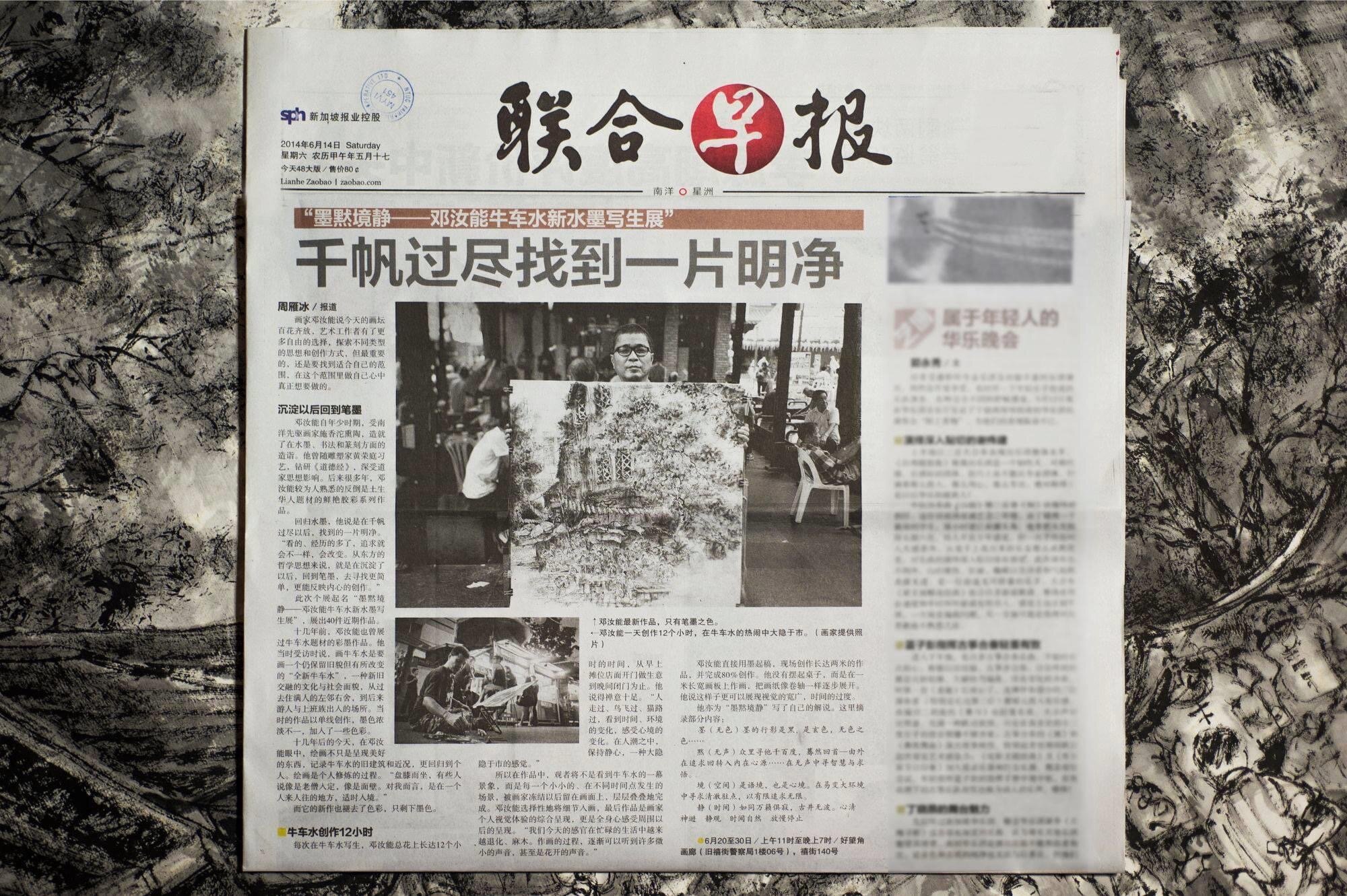
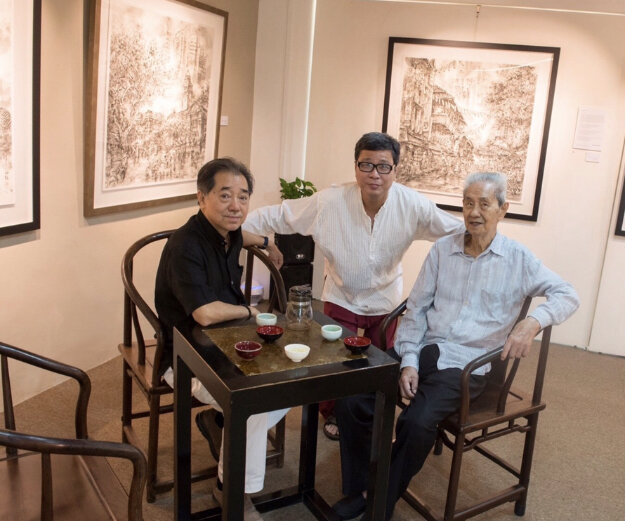
Videos
Past Projects
Biography
Born 1959, Singapore
Background
1977 Meritorious Award, Beautiful Singapore River Art Competition
1985 Commendation Award, UOB Painting of the Year Competition
2002 Dr Tan Tze Chor Art Award (First Prize)
2014 Dr Tan Tze Chor Art Award (First Prize)
Selected Solo Exhibitions
2014 Silence: Ink Paintings by Tung Yue Nang, Cape of Good Hope Art Gallery,
Singapore
2003 Baba & Nonya: Double Happiness, Paragon Atrium, Singapore
2002 Chinatown My Chinatown, Paragon Atrium, Singapore
1997 Baba & Nonya: The Art of Tung Yue Nang, Orchard Point, Singapore
1989 “One”, Pavillion Hotel, Singapore.
1988 Space & Time, Pavillion Hotel, Singapore
Selected Group Exhibitions
2022 Contemporary Fascinations, Singapore Art Week, Cape of Good Hope Art Gallery,
Singapore
2017 Commemorating NS50 Through Art, Singapore Art Society, Singapore
2014 Impressionist Contemporary, Cape of Good Hope Art Gallery, ION
Orchard, Singapore
2002 Naked Perfection, Singapore Art Museum, Singapore
1999 President's Charity Art Exhibition, Singapore
1997 Of Things Peranakan Art Exhibition, Singapore
1993 New Age: A New Art Movement Exhibition, Singapore
1990 9th UOB Painting of the Year, Singapore
Tung Yue Nang’s interest and practice in Tao Te Ching philosophy has had a great impact and influence on his artistic pursuits and direction. Initially focusing on traditional Chinese painting, Tung’s artistic philosophy of reconciling art with life, enabled him to combine Western art concepts and media with Chinese art styles and expression. The Tao philosophy focuses on harmony and tranquillity amidst chaos and disorder, which is reflected in Tung’s art in his choice of subjects and composition.

